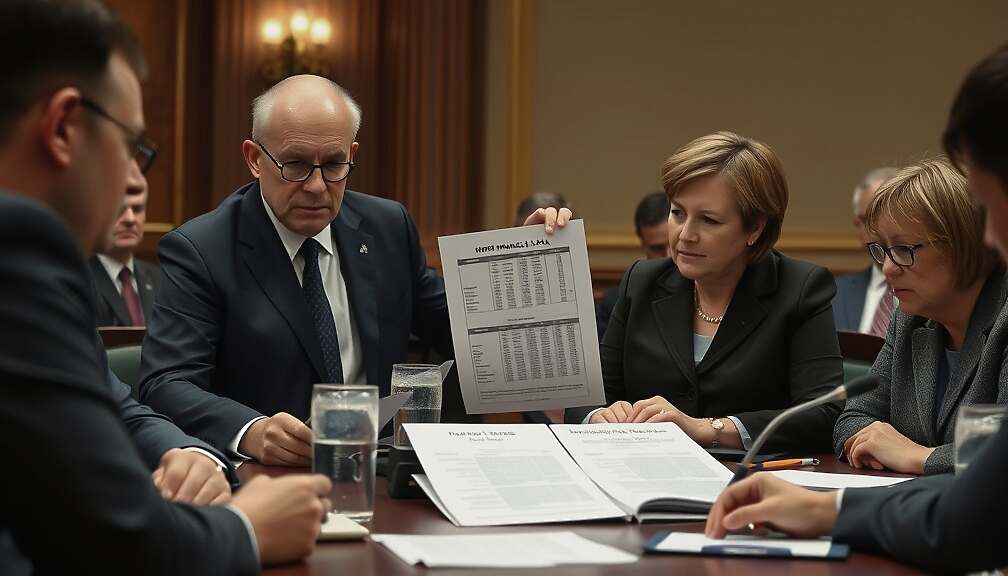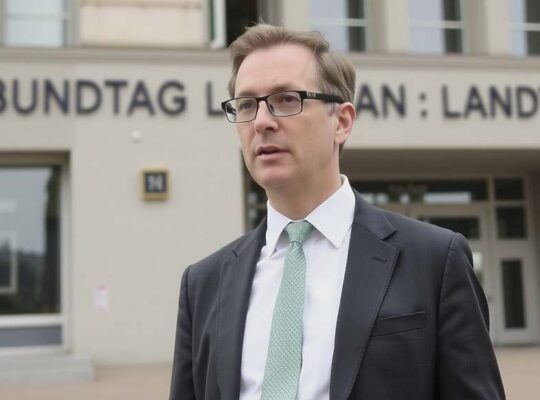Starting in 2026, German states will be required to report annually to the federal government on their planned, initiated and completed investment measures utilizing their share of the €500 billion special fund. This provision is outlined in a draft law concerning the financing of infrastructure investments by states and municipalities (LuKIFG), as reported by the Rheinische Post.
The federal government will regularly review these reported measures through “risk-based random samples”. This oversight aims to ensure that the €100 billion is exclusively used for new investments commencing on or after January 1, 2025, approved by the end of 2036 and implemented in compliance with legal requirements.
The draft law grants states considerable autonomy in the allocation of these funds. Unlike the federal government, no fixed investment quota financed from core budgets will be mandated for states to guarantee additional investments. However, the federal government retains control over the utilization of its own allocated funds and can demand repayment if funds are misused. The draft stipulates that funds must be repaid to the federal treasury plus interest upon request but can be re-accessed by the states until 2043.
The €100 billion can be invested in areas including civil protection, transport infrastructure, healthcare and long-term care infrastructure, energy and heating infrastructure, educational infrastructure, childcare infrastructure, science infrastructure, research and development and digitalization. The list of priority areas is not exhaustive and encompasses tasks not typically considered core responsibilities of municipalities. Examples include investments in essential services, housing, building renovations, sports facilities, cultural institutions, internal security, water management and rural infrastructure.
According to the draft law, the distribution of the €100 billion among the 16 federal states will be based on the so-called Königstein key, a formula that considers population size. North Rhine-Westphalia, the most populous state, is slated to receive approximately 21 percent, followed by Bavaria with nearly 16 percent and Baden-Württemberg with just over 13 percent. Lower Saxony is expected to receive just over nine percent, Hesse seven percent, Rhineland-Palatinate nearly five percent and Saarland just over one percent.
The draft law from the Federal Ministry of Finance is scheduled for approval by the cabinet this Wednesday. The cabinet will also consider another draft law allowing states, like the federal government, to incur new debt up to 0.35 percent of their economic output annually.
The federal government had previously adopted the draft law establishing the €500 billion special fund for infrastructure and climate protection investments, with €100 billion specifically allocated to the states.












